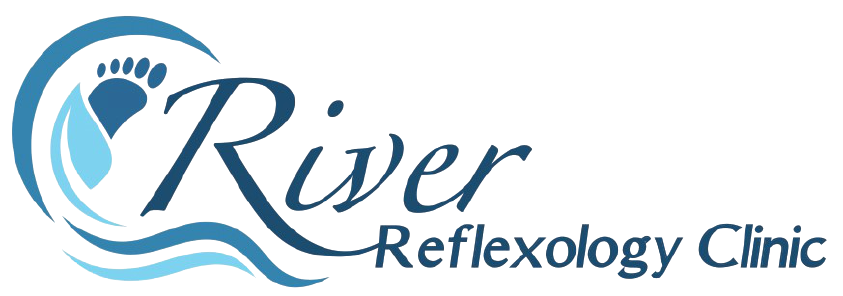
Reflexology For
Additional Needs
Lorna has been working with children and adults who have various additional needs since 2014. She is a qualified Special Needs Assistant and worked in a Special Educational Needs setting at Primary Level, for three years prior to setting up her clinic. Lorna has a very good understanding of what is required to make a child/adult feel at ease within the treatment space. The core function of reflexology is to calm the mind and bring about balance or homeostasis to the body. Whether the child/adult comes with a physical, developmental, behavioural, emotional or sensory impairment need, the primary focus is always the same;
To create a safe space that is calm and restful. To always apply a person-centered approach. To allow the person to feel in control of their environment. To always feel free to stop the treatment or leave at any time. Using regular reflexology which is non-invasive, gentle, and safe, the aim is to relieve any tension, induce a state of relaxation, improve mood and support the individuals’ well-being.
It is wonderful for the parent/caregiver to witness their child being able to relax and sometimes sleep whilst in this state of relaxation. They would often say that they cannot believe how positive touch can induce this state of calm, after possibly having some challenging behaviours in the previous 24 hours.
During the treatment the child or adult experiences a release of endorphins or “happy hormones” which helps to boost general well-being. It may encourage them to be calmer and help them to prepare for ongoing activities such as schooling or recreational pursuits. Lorna has experienced very positive reactions from clients and encouraging results with regular treatments.
Other benefits may include:
Reduced stress and anxiety
Improved sleep patterns
A calming of OCD
Reduced IBS/Digestive issues
Reduced hyperactivity
Improved hypersensitivity to touch and sound
Improved self-esteem and confidence
Improved attention span and concentration leading to better learning ability
Improved speech, social interaction, and communication
For this treatment, a parent or guardian must complete and sign the consent/consultation forms and remain in the room during the treatment. This is to provide familiarity for the person receiving the therapy. Often the person receiving the treatment cannot verbalise their emotions or explain what benefit they seek. This is why the parent/guardian is an essential part of the process. A weighted blanket or pacifier may be brought to the treatment if desired.
